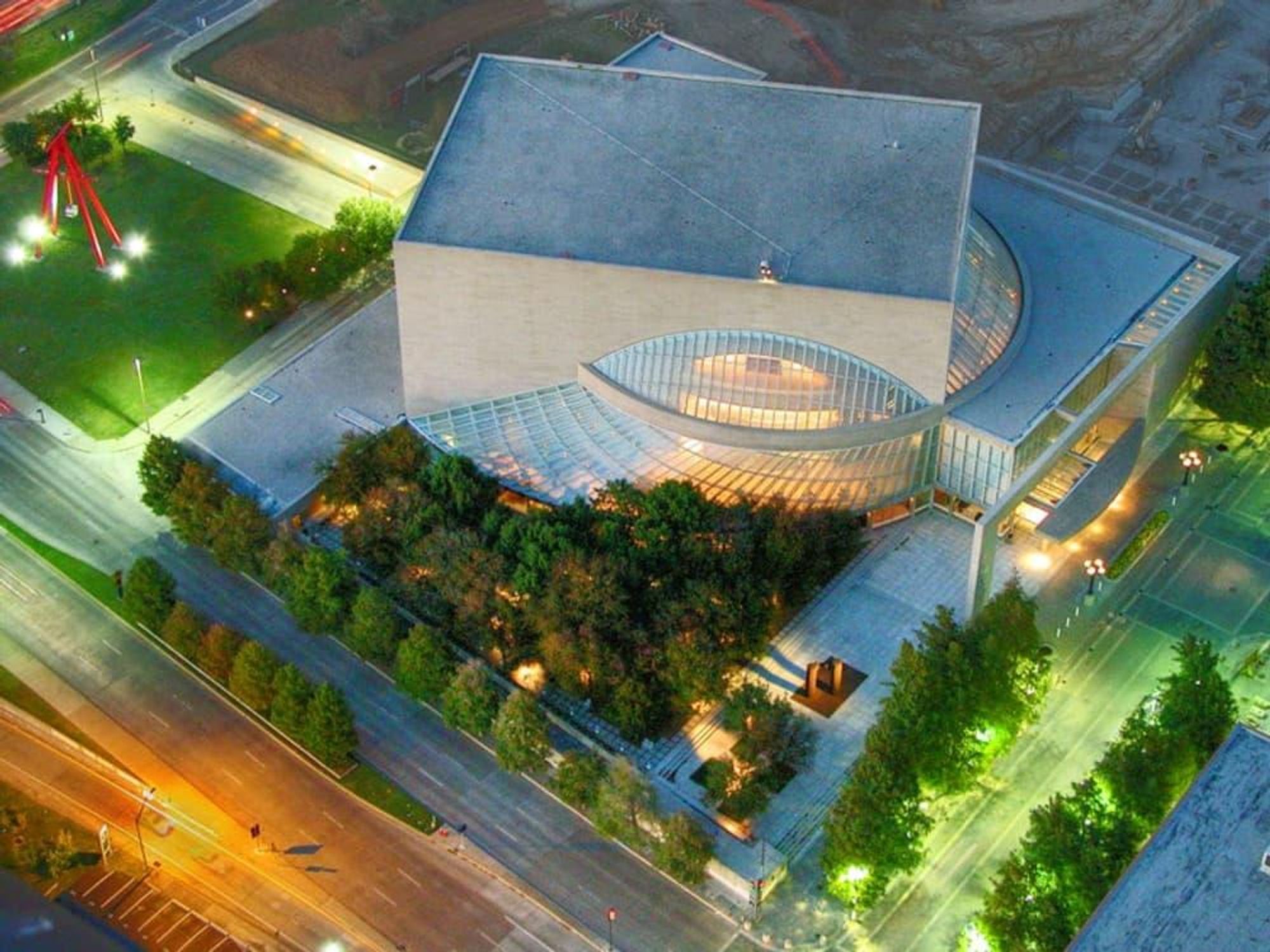The Mort News
Dallas City Council readies Meyerson Symphony Center handoff to DSO

The city of Dallas is preparing to turn over management and operations of the Morton H. Meyerson Symphony Center to the Dallas Symphony Association in a deal that is hoped to bring millions to be used for critical maintenance needs.
The Dallas Symphony Association is the administrative arm of the Dallas Symphony Orchestra.
This follows similar recent moves to delegate city facilities to private management, including the Kay Bailey Hutchison Convention Center and the Kalita Humphreys Theater.
The deal still requires approval by the Dallas City Council, which will vote at its meeting on May 22. The lease has been hashed out since January in several meetings and a public hearing that included arts organizations that perform there.
The agreement has received support from Arts and Cultural Affairs Advisory Commission and the council's Quality of Life, Arts and Culture Committee, as well as the arts community.
It will direct the Office of Cultural Affairs to lease the Meyerson to the DSA for $1 a year for 99 years. DSA will raise $5 million for capital improvements required by 2025.
Under the current agreement, the DSA has been the Meyerson's primary user, leaving the city responsible for operation and management. But the city has long deferred maintenance. Designed by I.M. Pei and constructed in 1989, the building will require up to $11.9 million in critical repairs.
“The Meyerson needs a lot of love from everyone involved,” says DSA VP of facilities Debi Peña.
Peña recently led a group that included Arts and Commission member Cannon Flowers and Preservation Dallas Board Joanna Hampton on a tour to show problem areas, some in non-public spaces such as the rehearsal rooms and the reverb chamber located directly behind the Lay Family Concert Organ on stage.
One big problem has been water. It leaks into the building through the glass pavilion rooftop encasing the lobby and collects in pools across the floor. According to Peña, whenever it rains, staff must scatter buckets and tubs across the mezzanine loge to prevent flooding.
Walls in the lobby and backstage are stained with rainwater that flows heavily in through dozens of leaks throughout the concert hall.
The famed Kelly Ellsworth panels, worth millions of dollars in the public art collection, now have discreet gutters redirecting stormwater seeping in from above. Granite is marred with water stains.
There are also accessibility issues. There is only one ADA-compliant bathroom in the building. And elevators have a tendency to get stuck. On several occasions, patrons have been unpredictably trapped inside elevators for hours after a show waiting for the fire department to come to the rescue.
Sometimes when a pipe bursts, maintenance crews simply cut the water off, which means an upper level backstage bathroom is closed. Sinks in the conductor's Green Room, which hosts donors and special guests, haven't worked in months.
Inside the McDermott Concert Hall, lighting and sound system upgrades need a $1.2 million retrofit. The original carpet needs to be replaced, as do 26 of the 77 reverb doors.
The last improvement was in 2014 when new heat and air conditioning systems were installed as part of a citywide facility efficiency upgrade.
Another big change will be scheduling of the venue. Up until now, scheduling was handled by the city and done in advance, with priority given to DSA events. Under the new deal, the DSA will oversee all booking, including performances and private venue rentals.
There are 10 legacy organizations including the Dallas Winds, Dallas Bach Society, and the Black Academy of Arts and Letters, that are grandfathered with rental and other fees locked in for 10 years.
The new agreement will also affect 37 city employees, including ushers, sound technicians, and stage technicians. They'll be offered positions with the DSA or reassigned in the city for those wanting to hold onto their pension and other benefits.
After approval May 22, the Symphony would take over management and operations July 1. Renovations will begin after that with a bulk of improvements slated for summer 2020.
The city will pony up its share for improvements, with an added $3.85 million in 2017 bonds. Cultural Affairs will continue funding operations at the Meyerson for five years, winding down its annual investment each year. By year four of the five-year wind-down, it is hoped that the city will begin saving money.

 Sculpture by Albert Scherbarth which appeared at the
Sculpture by Albert Scherbarth which appeared at the